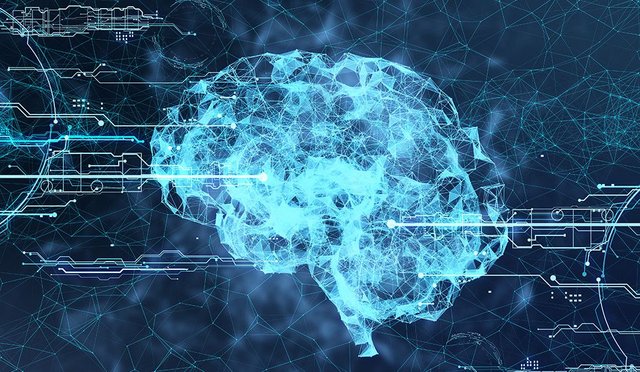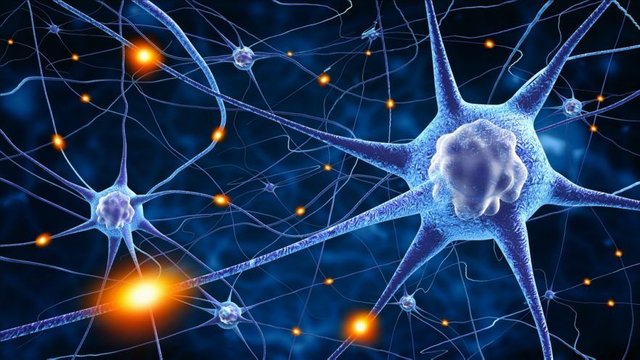Neuroscience and Attention
Even the televisions are long, and they're replaced by fleeting videos. Instead of newspapers, 3-minute instant news notifications are sufficient. Now we have no patience for anything long, the pacemaker dopamine keeps us from paying attention to anything.
Picture
Since 2000, human attention has fallen by 4 seconds to 8, which is even less than the fish in the aquarium. This may give you the impression that your brain is running faster, but no contrary, a shorter attention span will result in processing shallow information. How many of us remember the status of facebook we read?
What does this have to do with the book? The books are designed according to long attention span, like about 20 minutes. Where is 20 minutes where 8 seconds? One of the biggest reasons our current society cannot read a book is the shortening of this attention period. We can generalize this to other actions that require long focus. Now it's hard to study, to do research and to do sports.
Picture
In fact, a neuroscientist, Daniel J. Levitin, explains that these actions, which are becoming more difficult for us, are not more mentally tired than spending time on social media. Shifting your attention from task to task requires more energy. The focus is on less energy. This doesn't mean that those who organize their time to allow them to focus only mean they're more likely to work, which means they'll be less tired and neurochemically exhausted after doing so.
Sponsored ( Powered by dclick )
Have you tried out Brave browser yet? I like it more than google chrome or firefox.
Earn cryptocurrency with Brave browser. + Block anno...

